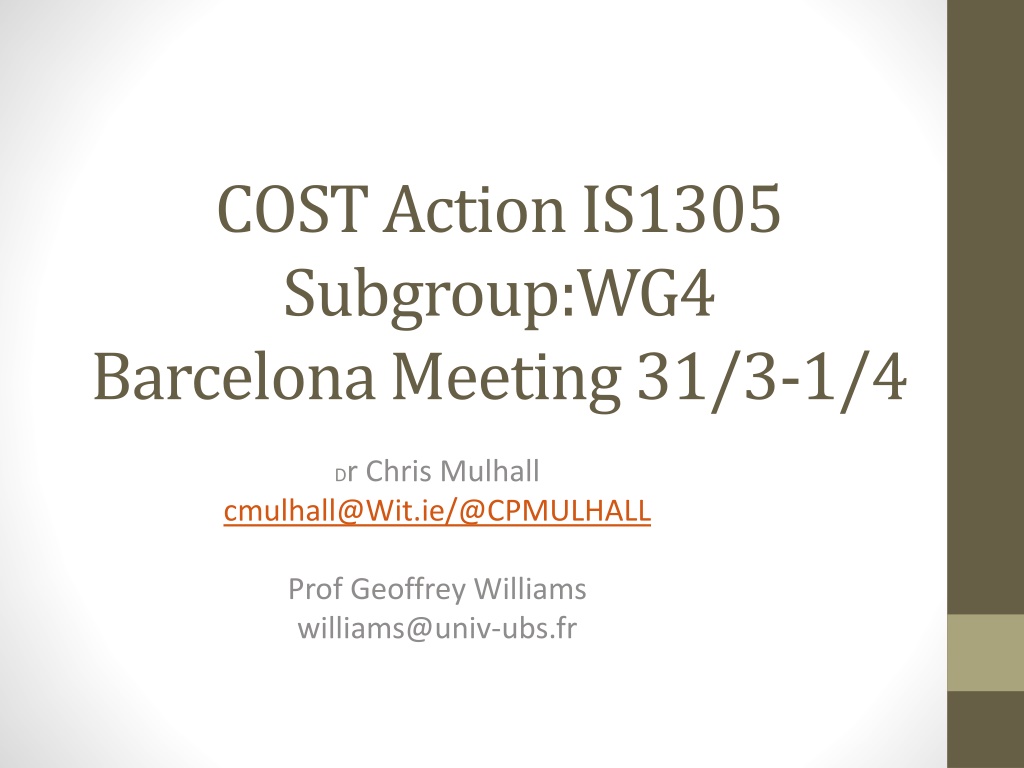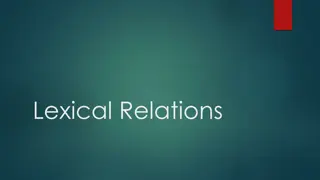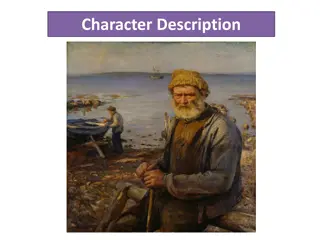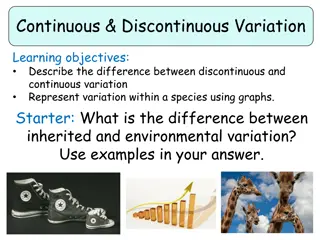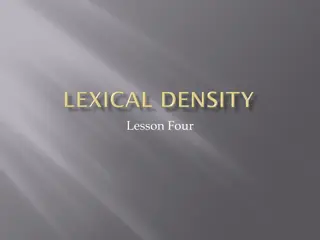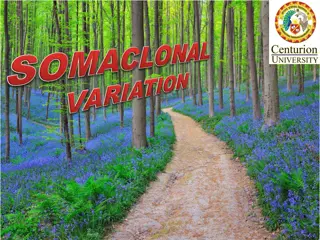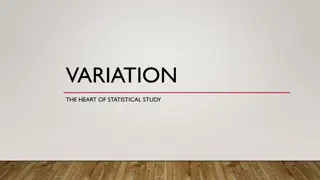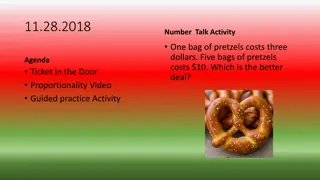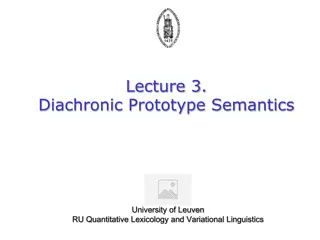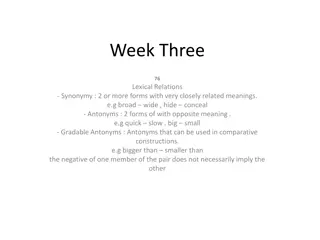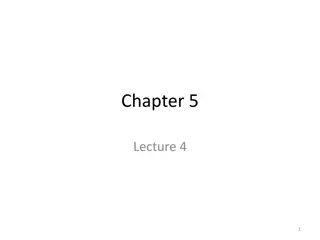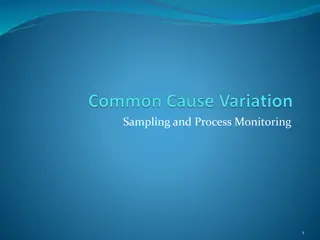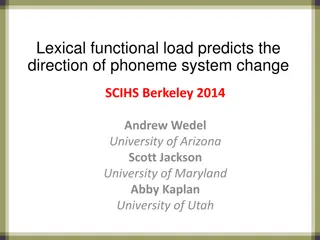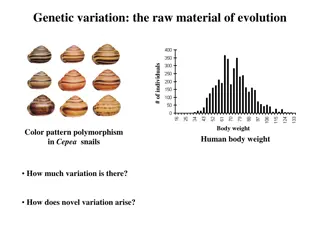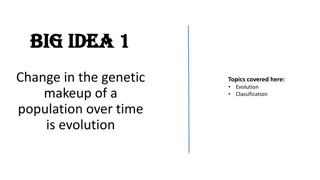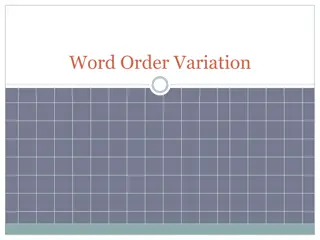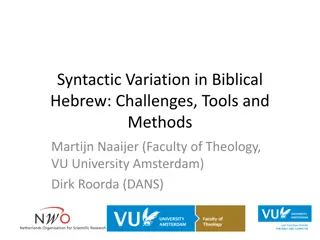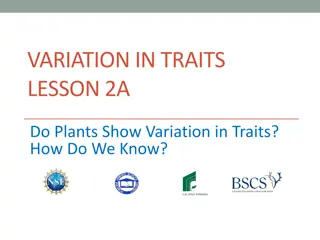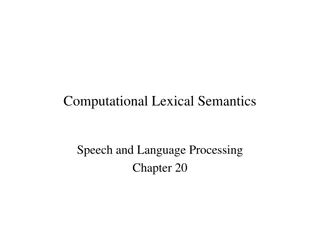Exploring Lexical Variation in Landscape Descriptions
Focused on studying lexical variation in landscape descriptions, this subgroup aims to enhance coordination, develop specific actions, and seek technical solutions within WG4. By analyzing words related to landscape, colors, and emotions, the group investigates conventionalized changes, lexically diverse phrases, and pragmatics trends. Through a project-focused approach, the research seeks to understand the impact of romance languages on English lexicon.
Download Presentation

Please find below an Image/Link to download the presentation.
The content on the website is provided AS IS for your information and personal use only. It may not be sold, licensed, or shared on other websites without obtaining consent from the author. Download presentation by click this link. If you encounter any issues during the download, it is possible that the publisher has removed the file from their server.
E N D
Presentation Transcript
COST Action IS1305 Subgroup:WG4 Barcelona Meeting 31/3-1/4 Dr Chris Mulhall cmulhall@Wit.ie/@CPMULHALL Prof Geoffrey Williams williams@univ-ubs.fr
Lookingatthe Landscape A central theme to look at lexical variation through the colours, emotions and representations
Aimsand objectives Improve coordination in WG4 by Developing two specific actions Landscape Network European Roots Networking to build lasting projects to continue the action Seek technical solutions to manage and render visible lexical diversity Provide tools for language users and learners
What is Variation? Lexico-Semantic: Systemic Patterns of Conventionalised Change; Schematic: Semantically-Similar but Lexically-Diverse Phrases; (Meta)-Linguistic: A Trend in pragmatics or a By-product of Corpus Linguistics; Contextually-Bound: Limited in its grammatical and contextual boundaries.
What could we do? Variation Classification Units of Analysis Contexts Description Compounds/Prover bs/ Idioms Theoretically- investigation of phrasal variation Words and Phrases Typological Researching variation relationships in colour, landscape, etc Landscape/Colour/ Emotions/Death/Ch ange Schematic Concepts Assessing Descriptive/Prescr iptive Divide Meta-Linguistic Discourse/Corpus Variable Contextual Phenomena (Word Class or Concept) ? Is lexical variation limited to concepts?
LandscapeGroup The group seeks to look a lexical variation in dictionaries through words that describe landscape, and the colours and emotions this provokes The group will first concentrate on the lexis and phraseology of words around the word paysage as a means of exploring the influence of romance langues across Europe as well as the interface between romance languages and English.
Work Plan and Objectives Type of Variation being researched? Setting objectives and research contexts for the group Project-focused (18 months) with paper output Linkages with other WGs
Paysage Breton, Irish Landscape Often hidden by mist
Etymologicallandscape Covered by deep fog
Lexical variation As the fog lifts, a wealth of variation is that can be explored is revealed
WhyPaysage? Two widely used words with different etymological roots: landscape and paysage A word of French origin that spread throughout Europe more or less slowly A word leading to a variety of representations
First dictionaryuses in French Estienne, Richelet, Fureti re
TEI <superEntry n="paisage"> <entry><form><orth rend="caps">PAISAGE</orth><gramGrp><pos> . m.</pos></gramGrp><pron>Prononcez <hi rend="italics">pe sage,</hi> de quatres yllabes</pron></form> <sense><def>A pect d'un pa s; le territoire qui s' tend ju qu'o la vu peut porter; ou tendue de pa s que l'on peut voir d'un seul a pect.</def> <dictScrap>Les <hi rend="italics">beaux</hi> paysages ont ceux qui ont diver ifiez par quantit d'objets agreable la vu , comme des collines, des vall es, des campagnes, des prairies, des bois, des vignes, des mai ons de plai ance, des villes, des bourgades, des hameaux, des ources, des rui eaux, des rivieres, & enfin la mer m me. Plus il y a de ces divers objets dans un <hi rend="italics">pa sage,</hi> & plus il est beau</dictScrap></sense> </entry> <entry><form><orth rend="smallcaps">PA SAGE,</orth></form><usg> se dit au i des tableaux</usg><def> o ont repre ent es quelques vu s de mai ons, ou de campagnes. </def> <cit type="example"><quote>Les vu s des Mai ons Royales ont peintes en <hi rend="italics"> pa ages</hi> Fontainbleau & ailleurs.</quote></cit></entry> </superEntry>
Codingand extractinginformation Meaning shift First use is a a technical term relating to format and content But by 17th c the notion of representation dominates Pronunciation variation In and across languages Characteristics Phraseological and encyclopaedic information
Paysage Spanish paisaje 1708 Italian paesaggio 1749 Romanian peisaj 19thc.
Idioms of Emotion: Le journal intime ANGER REPROACH FEAR HAPPINESS SADNESS INTUITION Trembler comme une feuille Etre comme une poisson dans l eau Avoir des mots avec qqn Couper les ponts avec qqn Se sentir mal fichu Separer le bon grain de l ivraie Perdre son sang froid Rogner les ailes qqn Avoir peur de son ombre Lire entre les lignes Etre aux anges Broyer du noir Se ronger les sangs au sujet de quelque chose Faire des gorges chaudes qqn Etre dans une mauvaise passe Flairer quelque chose de louche Sonner les cloches qqn Etre au septi me ciel Avoir une dent contre qqn Prendre qqn/qch en grippe Jeter une pierre dans le jardin qqn Passer un savon qqn 18
Typological Variation: Noun Phrase Semantic relationships 1. Avere il cervello di formica/di gallina 2. Avere piene le tasche/le scatole 3. Cavare sangue da una rapa/un sasso/una pietra 4. Divorare qualcuno con gli occhi/lo sguardo 5. Essere culo e camicia/pappa e ciccia con qualcuno 6. Essere nato con la camicia/di Domenica 7. Mangiare il fieno/il grano in erba 8. Passare il segno/la misura 9. Passare sul corpo/cadavere di qualcuno 10. Perdere la tramontana/il lume degli occhi 11. Rivoltare qualcosa/qualcuno come un calzino/un guanto 12. Spianare le costole/le costure What is the semantic relationship between lexical replacements? How do we categorise this? Is variation more common in VP, NP or ADJP? Why some phrases have two and others have two or more variants?
Technical solutions Collocational networks and collocational resonance as means to display diachronic and synchronic variation Text Encoding Initiative to link existing dictionary sources Lexicographical prototypes as a means of demonstrating variation Bridge dictionaries Colour charts
Interaction WG1 Many of the works analysed are scholarly dictionaries WG2 Certain texts have been marked up in TEI WG3 DMS as T-Lex are being used WG4 That s us folks!
Thanks And now to work!
